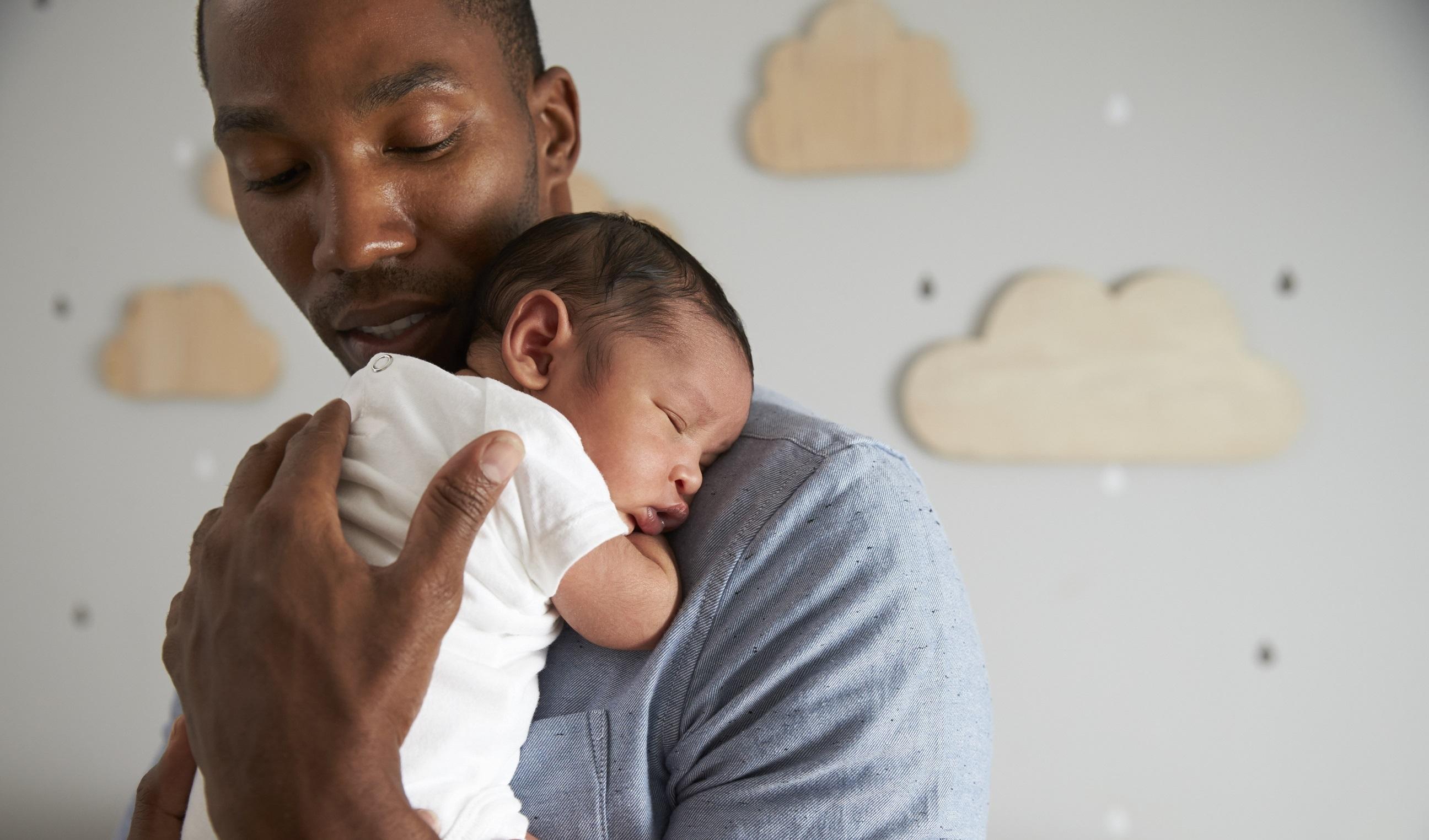Male Leaders Who Take Paternity Leave

Shinjiro Koizumi, a high-level Japanese politician and someone who some are suggesting might eventually become the prime minister, recently made a splash in the news: He announced he will take paternity leave when his child is born this month. His decision quickly made headlines; the New York Times wrote an article titled “A Japanese Politician Is Taking Paternity Leave. It’s a Big Deal.”
But why is it a “big deal”? When women take maternity leave, is it a “big deal”?
As constant readers know, I am interested in the intersection of diversity, inclusion and leadership. But in the world of parental leave and childcare, men are the minorities, not women. Although women often suffer career setbacks when they take maternity leave, they aren’t looked down upon as much when they take off from work for childcare as men are. It just isn’t the expected role.
Additionally, my partner and I welcomed our son to the world last month (I am currently writing this post at 1:30 a.m., which readers who are parents might be familiar with!) and I will be taking paternity leave from my job in order to care for him. Therefore, as a male myself, I was curious to see what the research said about this.
So what does the research say about male leaders who take paternity leave? A recent study was produced on this topic[1]. Overall, the story is a bit mixed. In general, male leaders who took paternity leave were evaluated more favorably if they took a short leave (as opposed to a longer leave). It appears there is a bit of a boundary condition; people seemed OK with men taking short leaves (as short as two days to two weeks), but not if they wanted to take longer.
However, there were caveats to the findings. For instance, people’s acceptance of paternity leave depended on the organizational culture. If the company valued work-life balance and employees felt supported, people were more OK with all paternity leaves, regardless of the length. Also, acceptance of paternity leave depended on people’s individual level of sexism; if people were more sexist, then they were less OK with all paternity leaves, regardless of the length.
What about males and females: Did they feel differently about paternity leaves? The results were inconsistent; in some studies they responded differently — but not in others. Also, sometimes it depended on the organizational culture, and sometimes it didn’t. Although intuitively some might believe men or women might be more or less accepting of paternity leave, the data suggests there just isn’t a clear pattern.
I predict that our society will see more and more males deciding to take paternity leave when their children are born. How do we facilitate this? The big takeaway from the study is to focus on organizational culture; if the culture supports work-life balance, it will trickle down to support men who decide to take leave.
Hopefully if enough organizations support men taking paternity leave, it will be less of a “big deal” when people like Shinjiro Koizumi decide to take time to be with their newborn children!
[1] Leire Gartzia, Maria Eugenia Sánchez-Vidal & David Cegarra-Leiva (2018). Male leaders with paternity leaves: Effects of work norms on effectiveness evaluations, European Journal of Work and Organizational Psychology, 27, 793 - 808.


